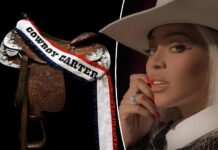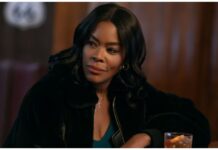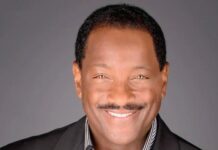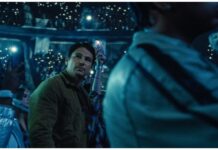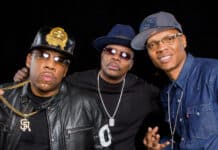*A visibly angered President George Bush Sr. on March 4, 1991 minced no words in a statement to reporters, “What I saw made me sick, ‘It’s sickening to see the beating that was rendered. There’s no way in my view to explain it away. It was outrageous.”
What outraged and sickened him was the beating of black motorist Rodney King by a swarm of LAPD officers and captured on videotape by a witness, George Holliday. In the celebrated trial of the four officers who beat King, all were acquitted of almost all the charges. This touched off an orgy of burning and looting and a deep national soul search about what went so terribly wrong in a courtroom and the consequences for the nation of that failed conviction.
Nearly a quarter century after the King beating and the officer’s acquittal, Political Analyst Earl Ofari Hutchinson in his new hard hitting eBook, Why It’s So Tough to Prosecute Cops (Amazon Kindle), says this question still looms large: What exactly has changed? Are officers who assault and kill unarmed civilians under the color of the law hauled into a court docket and convicted? If not, why.
Hutchinson fast forwards through the next quarter century dissecting the cases from Michael Brown in Ferguson, Missouri to Freddy Gray in Baltimore as well as many more controversial cases involving police shootings and excessive force accusations to answer that question. Hutchinson notes that in the overwhelming majority of cases involving allegations of police violence the majority of victims are young African-Americans or Hispanics. The majority of the officers are white. The headline in a January 2015, Washington Post feature on police use of deadly force told the grim story, “Thousands dead, few prosecuted.” Exactly 54 police officers have been prosecuted in the decade since 2005 for scores of slayings of suspects.
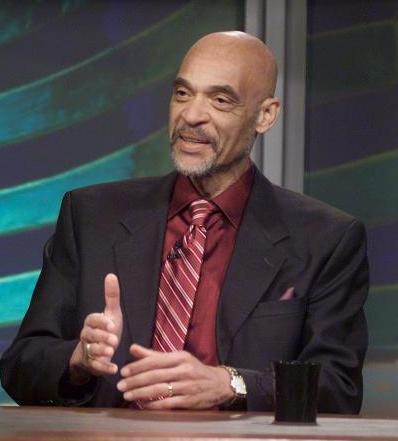
Hutchinson details the Mt. Everest high obstacles to prosecuting bad cops. They include: powerful police unions that watch hawk like for any hint of an investigation of officers for abuse, judges and juries that disbelief witness testimony about officer’s misconduct, the still solid pristine image the public holds of cops, the code of silence among police officers, the fear of crime and dependence on the police to protect them from it, the negative typecasting of poor young blacks, and District Attorneys and federal prosecutors, that no matter how diligent they are in holding police accountable for their actions, know full well the colossal hurdles they face if they decide to prosecute an officer for excessive force.
Hutchinson notes that, “There is no ironclad standard of what is or isn’t an acceptable use of force in police misconduct cases. It often comes down to a judgment call by the officer. In the King beating case in 1992 in which four LAPD officers stood trial, defense attorneys painted King as the aggressor and claimed that the level of force used against him was justified. This pattern has been evident in a number of celebrated cases since then. Police claim that they feared for their lives in confronting civilians and they use deadly force solely in self-defense. If brought to trial judges and juries routinely buy this line and acquit.”
In Why It’s So Tough to Prosecute Cops, Hutchinson paints a sometimes terrifying, sometimes, shocking, and always sobering picture of the colossal problems that prosecutors face in prosecuting bad cops and what prosecutors can and should do to try to overcome them.
Why It’s So Tough to Prosecute Cops:
Release Date: August 9 the 2nd Anniversary of the Michael Brown Slaying
About the Author:
Earl Ofari Hutchinson is an author and political analyst. He is the author of How “President” Trump will Govern (Amazon Kindle). He is an associate editor of New America Media. He is a weekly co-host of the Al Sharpton Show on Radio One. He is the host of the weekly Hutchinson Report on KPFK 90.7 FM Los Angeles and the Pacifica Network.
source:
Earl Ofari Hutchinson
[email protected]
We Publish News 24/7. Don’t Miss A Story. Click HERE to SUBSCRIBE to Our Newsletter Now!



